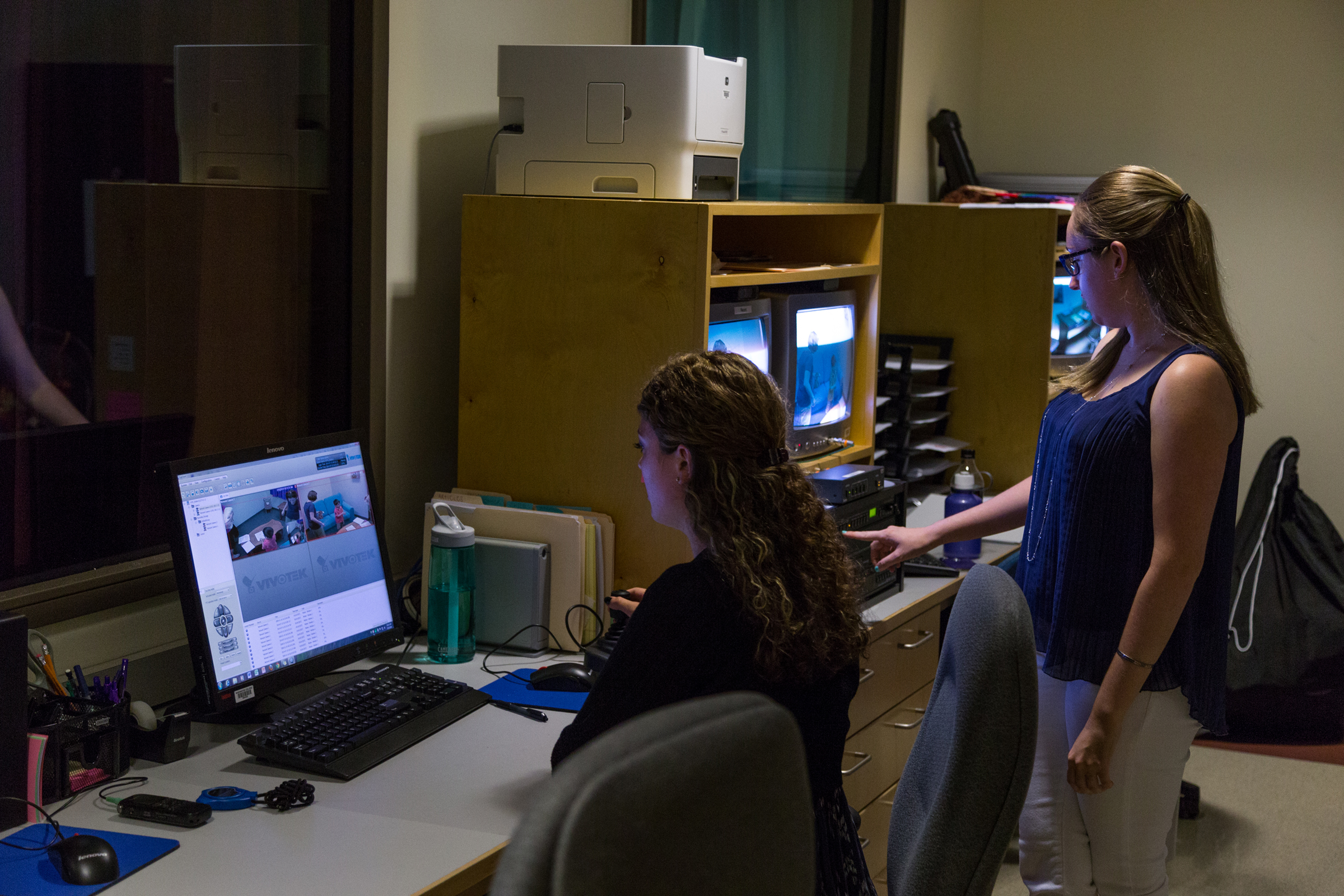

Why Psychology?
Watch our student produced video and then you’ll see the five reasons why our psychology program might be right for you:
1. You have options.
You can choose one of three degrees within the department: a bachelor of arts in general experimental psychology; a bachelor of arts in psychology with a clinical/counseling concentration; or a bachelor of science with a concentration in behavioral neuroscience.
2. You get to “practice” psychology.
For students pursuing clinical psychology, we have the hands-on opportunities you’re looking for, whether you’re interested in working with children with special needs, chronically mentally ill patients, geriatric patients or school-based guidance counselors, or whether you’d rather pursue summer programs at major mental health facilities. In all, the department offers 20 regular internship placement sites, many of which are right here in Chestertown. In our animal labs, you can even learn to perform surgeries and administer medications to see the effects on behavior.
3. You’ll present your work at professional conferences.
Several of our laboratory classes have the expectation that the work produced there will be of sufficient quality to submit to professional conferences. This kind of rigor, as well as the assertiveness required for such an endeavor, helps our students compete at the highest level, with undergraduates from other institutions, for graduate training and research positions. It is uncommon for a student to graduate without at least one co-authored presentation; most have more than one. Check out the video of our students presenting at the Eastern Psychological Association Annual Meeting in New York City on the right side of this page.
4. The curriculum is experience-based.
The Department provides an array of opportunities for hands-on learning, on campus and off, with faculty collaborators and colleagues. In the laboratory-based “neuroscience research methods” courses, for instance, students conduct original research projects throughout the semester in specialty topics such as emotions, human cognition, neuropsychology, or hormones and behavior. Students are also encouraged to pursue individualized internship opportunities in research and/or clinical environments. One recent intern studied the memory and language impairment of adult patients with autism at Johns Hopkins Hospital; another was placed with an alumnus at Temple University, studying the thermoregulatory system in rats.
5. You’ll probably beat the competition.
Our graduating seniors score very well on the ETS national outcomes exams in psychology, typically appearing in the top bracket for learning and cognition, clinical/personality, and developmental/social psychology. Neuroscience and clinical students have scored as high as the 98th percentile on the national test. The strong showing of our seniors against tens of thousands of similar students all across the US is directly related to a curriculum focused on hands-on learning and our emphasis on the collaborative laboratory experience.